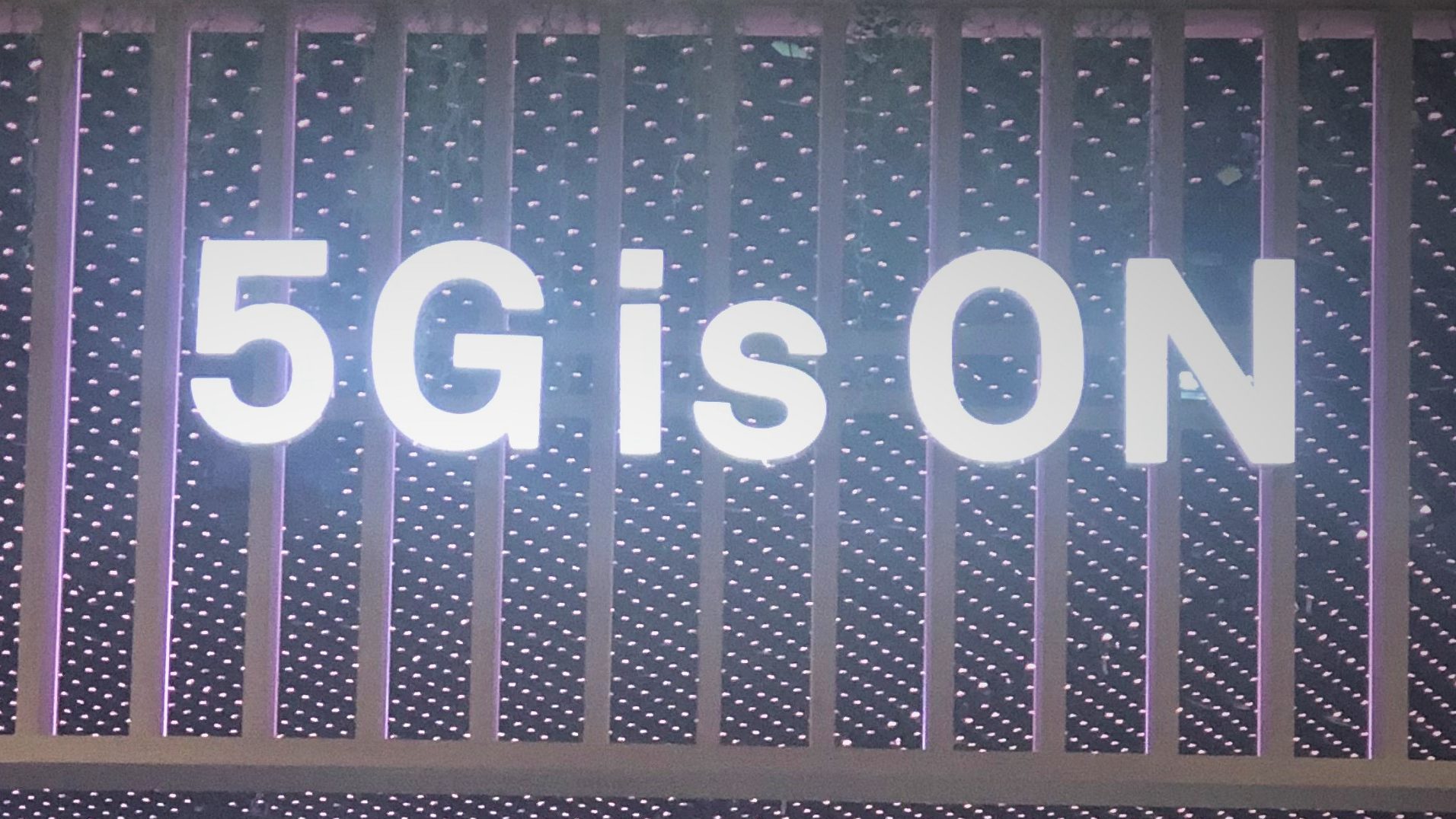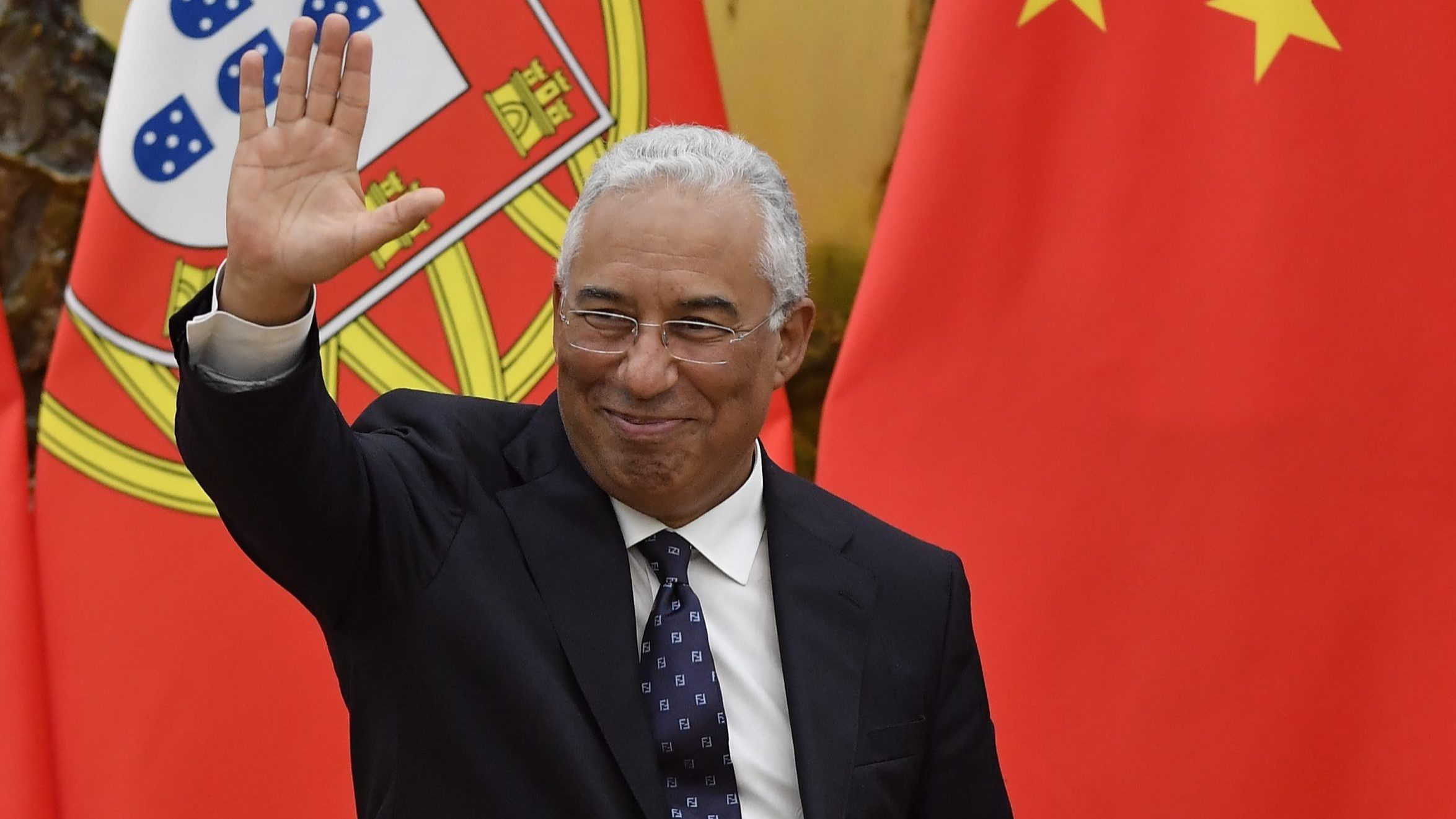Ericsson admits 5G delay in Portugal, but is “fully” prepared for the launch
The leader of Ericsson Portugal, Luís Silva, assured that the company has everything in place for the launch of 5G in the country, but admitted that the process is "delayed".
The president of Ericsson Portugal, Luís Silva, assumed that the country is “delayed” in the launch of the 5G network, but assured that the company is “fully” prepared for the launch of the next generation of mobile broadband.
“We are fully prepared to launch the network,” said Luís Silva, in a meeting with journalists in Lisbon. However, the leader of technology was disappointed with the pace of the process in Portugal: “We would like it to be a little faster,” he confessed, this Wednesday.
These statements come a week after the leaders of the three main Portuguese operators – Meo, Nos and Vodafone – warned, at the main congress of the sector, about a delay in the launch of 5G in Portugal, holding Anacom responsible. The regulator has rejected that the process is delayed and guaranteed that the country will meet the European targets.
Urged to give his opinion on the state of the dossier, Luís Silva was perennial: “Are we late? We are late. On 4G [in 2012], we were even two years ahead of our EC [European Community] colleagues. At 5G this is not the case. It is a reality: we do not have the frequencies allocated. If we make an analogy with Spain, they already have allocated spectrum and commercial operators selling the service. We are not in the first wave of the technological wave,” said the executive president of Ericsson Portugal.
Regarding the origin of the delay, Luís Silva did not mention any names, but he suggested that the problem was motivated by a delay of the sector’s regulator: “If there are no frequencies, there is no availability of services”, noted the manager. Anacom wants to start the auction of frequencies in April 2020, in a probable sense of decision whose public consultation ends this Wednesday.
“There’s the necessary spectrum for 5G”
Portuguese operators have also warned about a possible shortage of available spectrum for 5G and warn that the country may not be able to have a sufficiently developed network.
This is because a significant part of the spectrum is controlled by Dense Air, a company that is not active in the sector. Allegedly, the Dense Air licence should have expired if it was not effectively operated by 2012.
Ericsson Portugal devalued the alerts and considered that the ‘spectrum necessary to provide a good service’ exists. “To have good use cases and good service in the fifth technological wave, there should be available between 80 MHz and 100 MHz [per operator]. This is our recommendation,” said Luís Silva.
Ericsson is one manufacturer that provides operators with the technology for 5G. According to the company’s data, Ericsson has 76 5G contracts with operators all over the world and 23 5G networks already operating. “Portugal is not here. I believe that Portugal can be here this year,” reinforced Luís Muchacho, network pre-sales director of Ericsson Portugal, in the same event in Lisbon.


